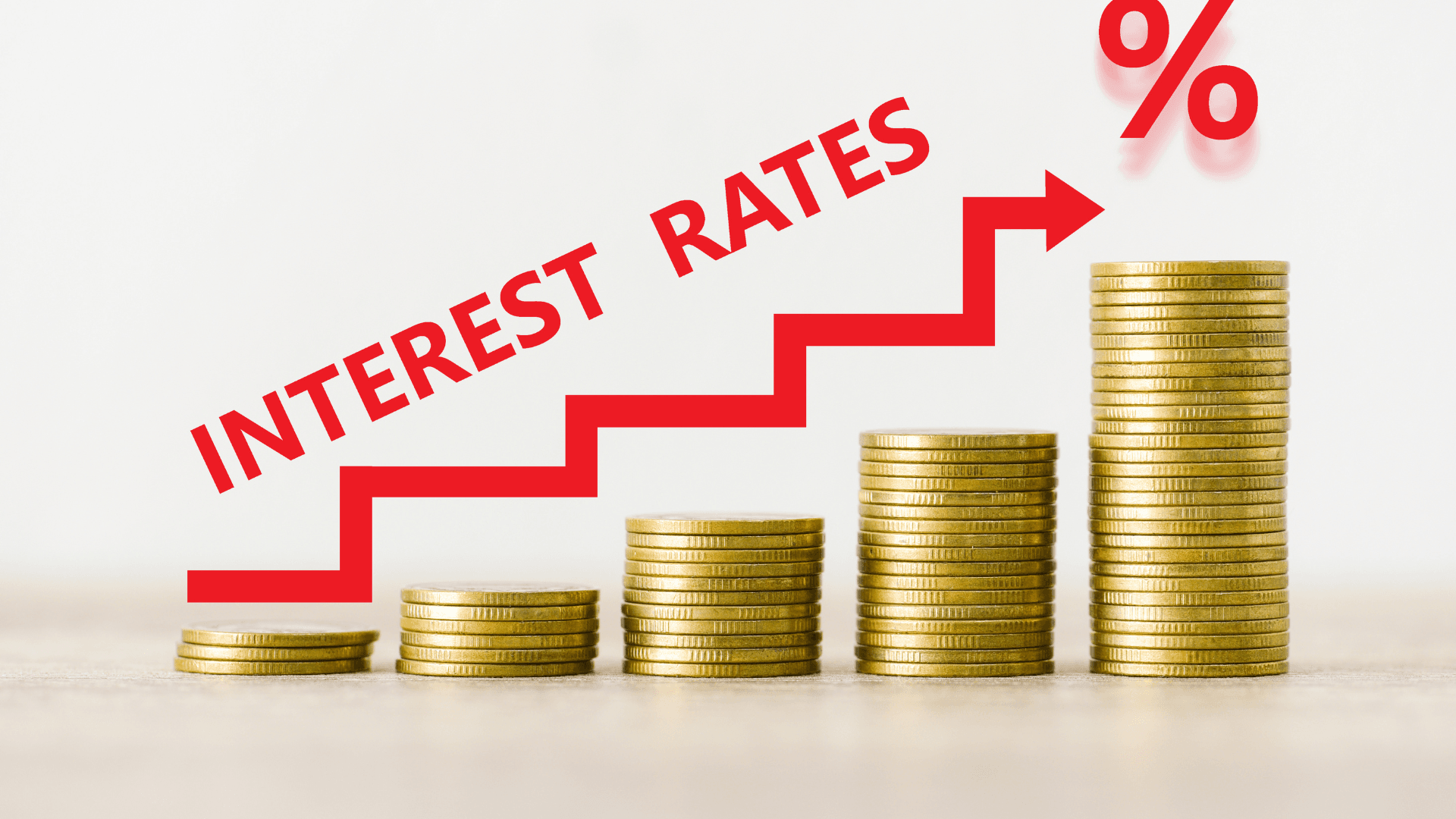Debt Consolidation Strategies: Pros and Cons for Financial Recovery
20 Dec 2023, 3:21 pm GMT
The consolidation of debt is a strategy that is often utilized by persons who are struggling with several debts. This strategy provides a simplified path toward achieving financial stability. Individuals can simplify their financial commitments and potentially reduce their overall debt burden by consolidating their numerous debts into a single loan, ideally with a reduced interest rate. On the other hand, even though debt consolidation comes with several advantages, it also has its own set of potential dangers and disadvantages. The purpose of this article is to present a balanced perspective on debt consolidation by examining its benefits as well as the potential drawbacks associated with it. This will assist individuals in making an informed decision regarding their plan for managing their debt. One has to give great thought to their current financial circumstances before deciding whether or not to consolidate their debt load. The creation of a sustainable financial strategy that can lead to long-term solvency is more important than just ensuring that payments are easy to make or that interest rates are satisfactory. To develop an efficient strategy for managing debt, it is essential to have a thorough understanding of both the good and negative aspects of debt consolidation.
1. What is Debt Consolidation?
Debt consolidation is the process of consolidating many loans into a single loan, which often results in more favorable payback terms, such as a reduced interest rate, a lower monthly payment, or both. Many different kinds of debt can be included in this strategy, including personal loans, medical bills, and credit card debt. An effort is being made to simplify the process of making payments and to lessen the stress of having several debts. This will make the management of finances more manageable and less daunting. In most cases, the process of consolidating debt begins with an assessment of all of the existing debts, which is then followed by the search for a new loan or financial instrument that may incorporate all of these debts into a single umbrella. Because these aspects have a considerable impact on the conditions of the consolidation loan, this strategy necessitates not only an evaluation of one's creditworthiness but also a comprehensive awareness of the many different types of financial products and the terms that they provide.
2. Lower Interest Rates

"Having the ability to reduce the interest rate that you are paying on your debt is one of the most enticing features of consolidating your outstanding debt. Because credit card debts typically come with hefty interest rates, this is very advantageous for such obligations. You will not only be able to simplify your payments by consolidating these high-interest debts into a single loan with a reduced rate, but you will also achieve a reduction in the overall amount of interest that you will pay throughout the debt's lifetime, which might result in a substantial amount of money being saved. The ability to receive a lower interest rate, on the other hand, is contingent upon several criteria, such as your credit score and the kind of loan that you obtain. To ensure that you obtain the most favorable interest rate possible, it is essential to shop around and compare the offers made by several lenders. It is important to keep in mind that even a slight decrease in the interest rate can result in significant savings over time." - Shannon Coventry, Marketing Manager at First Vehicle Leasing
3. Simplified Finances

"The consolidation of several debt payments into a single monthly payment is one of the ways that debt consolidation makes financial management more straightforward. This not only makes it simpler for you to keep track of your debt responsibilities, but it also decreases the likelihood that you will skip or be late with payments, which can hurt your credit score. When you just have to deal with one payment, it is much simpler to manage your finances within your budget, which will assist you in meeting all of your financial obligations. In addition, this simplicity has the potential to provide mental and emotional pain relief. This can be a difficult and intimidating situation, especially when you have to deal with many creditors and keep track of different due dates. By consolidating your debts, you can reduce the amount of stress you feel and devote more of your attention to improving your overall financial health rather than juggling many obligations." - Don Evans, CEO of Crewe Foundation Services
4. Potential for Improved Credit Score
"There are multiple ways in which consolidating your debts might have a favorable impact on your credit score. A credit utilization ratio is the amount of credit that you are using in comparison to the total amount of credit that you have available. Consolidating your credit card debts into a personal loan will help you reduce this ratio. A credit utilization ratio that is lower than average is taken into consideration favorably by credit bureaus. In the second place, consolidation can help assure timely and consistent payments, which is an essential component in the process of constructing a strong credit score. This is because it makes it simpler to manage payments. However, it is essential to keep in mind that during the early phase of the loan application process, your credit score may see a modest decrease as a result of the lender conducting a rigorous investigation. On the other hand, if you make payments on time and consistently, your credit score can become better over time. To keep and increase your credit score, it is essential to continue to engage in appropriate credit habits even after you have completed the consolidation process." - Mark McShane, Manager at CPR Training
5. Risks of Secured Loans

"Obtaining a secured loan, such as a home equity loan, is one of the options available to you while you are consolidating your debt. The interest rates on these loans are often lower than those on other types of loans; but, you will be required to put up assets such as your home as collateral. If you are unable to repay the loan, you run the risk of losing the asset. This can be a risky situation. Before choosing to go with a secured loan, it is essential to determine whether or not you can make payments because of this. In addition, the transformation of unsecured debt, such as credit card debt, into secured debt can be accomplished by consolidating it into a secured loan. The risk that is associated with the loan is increased as a result of this, as any inability to make payments could result in more severe penalties than defaulting on unsecured debt did. To make an informed decision about this road for consolidation, careful consideration and risk assessment are necessary." - Eran Mizrahi, CEO of Ingredient Brothers
6. Potential for Higher Overall Cost
"The prospect of accruing a larger overall cost is one of the potential drawbacks associated with consolidating debt. This can take place when the consolidation loan has a lengthier payback term. Even while the monthly payments might be cheaper, the longer the loan is, the more interest you might wind up paying throughout the loan's duration. When calculating the benefits, it is essential to take into account not just the short-term advantages, such as reduced payments, but also the lasting financial repercussions. When you want to avoid falling into this trap, you should evaluate the overall cost of your existing debts with the total cost of repayment under the consolidation plan that has been provided. There are situations in which paying at a higher rate in the short term can result in significant savings throughout the debt's lifetime. Discovering the optimal equilibrium between monthly payments that are reasonable and the decrease of overall debt is the goal here." - Cameron Holland, Marketing Director at GB Foam
7. Temptation to Accumulate More Debt
"There is a possibility that you will be tempted to take on additional debt if you choose to consolidate your debt. Once you have consolidated your obligations and are just responsible for one payment, you may have the impression that you have reduced the amount of debt you are carrying, which may cause you to get complacent. By giving you a false sense of comfort from your financial situation, you may find yourself tempted to resume using your credit cards or to take out additional loans. The fact that debt consolidation is not a solution to the fundamental problem of excessive spending is an essential point to keep in mind. To ensure that this plan is successful over time, it is essential to stick to a budget and refrain from taking on any more loans. Changing spending patterns and reducing overall debt should be the goals, in addition to consolidating debt, which should be the primary objective." - Adam Crossling, Marketing & New Business Director at zenzero
8. Impact on Financial Habits

"It is not enough to simply combine many loans to successfully manage debt through consolidation; rather, it is necessary to make adjustments to one's usual financial routines. It is possible to go back into the same debt trap if one does not address the behavior that led to the accumulation of debt in the first place. This entails adopting more responsible financial practices, such as creating a budget, saving money, and spending just what you can afford to spend. Further, the use of debt consolidation as a method for achieving financial recovery is an opportunity for the education of oneself about financial matters. This is an opportunity to gain knowledge about interest rates, credit ratings, and responsible borrowing, which can assist you in making better decisions regarding your finances in the future and avoiding circumstances that are similar to those that you have experienced in the past." - Derek Bruce, Director at AED Training
9. Choosing the Right Debt Consolidation Strategy
"When choosing the best plan for consolidating your debt, you need to take into consideration several different aspects, such as the total amount of your debt, your credit score, and your financial objectives. Balance transfer credit cards, personal loans, and home equity loans are all examples of different types of consolidation strategies, each of which comes with its own set of advantages and disadvantages. As an illustration, a credit card that allows for the transfer of balances would be acceptable for individuals who have a lower total amount of debt and a high credit score, but a home equity loan might be more suitable for individuals who have a considerable amount of equity in their respective homes. Additionally, it is essential to take into consideration the terms and circumstances of the consolidation loan, which include the monthly interest rate, fees, payback time, and any penalties that may be applicable. It may be good to seek the guidance of a financial counselor to gain an understanding of which consolidation method is most suitable for your current financial condition and your long-term objectives." - Timothy Allen, Director at Corporate Investigation Consulting
Conclusion
However, debt consolidation is not a one-stop solution for financial recovery, even though it can be an effective method for controlling and lowering debt. To accomplish this, you need to have a thorough grasp of your current financial status, practice disciplined money management, and make a commitment to altering your spending patterns. You can make progress toward reaching financial freedom and stability by carefully considering the benefits and drawbacks of consolidating your debt and selecting a method that is in line with the objectives you have set for your current financial situation. When everything is said and done, the key to the success of debt consolidation is to incorporate it into a more comprehensive financial strategy that is centered on the responsibility and health of the budget over the long run.
Share this
previous
Navigating The Brand Dominance: A Global Map Of The Most Valuable Brands Of 2023
next
The Legal Side of Surveillance Tools Every Business Owner Needs to Know